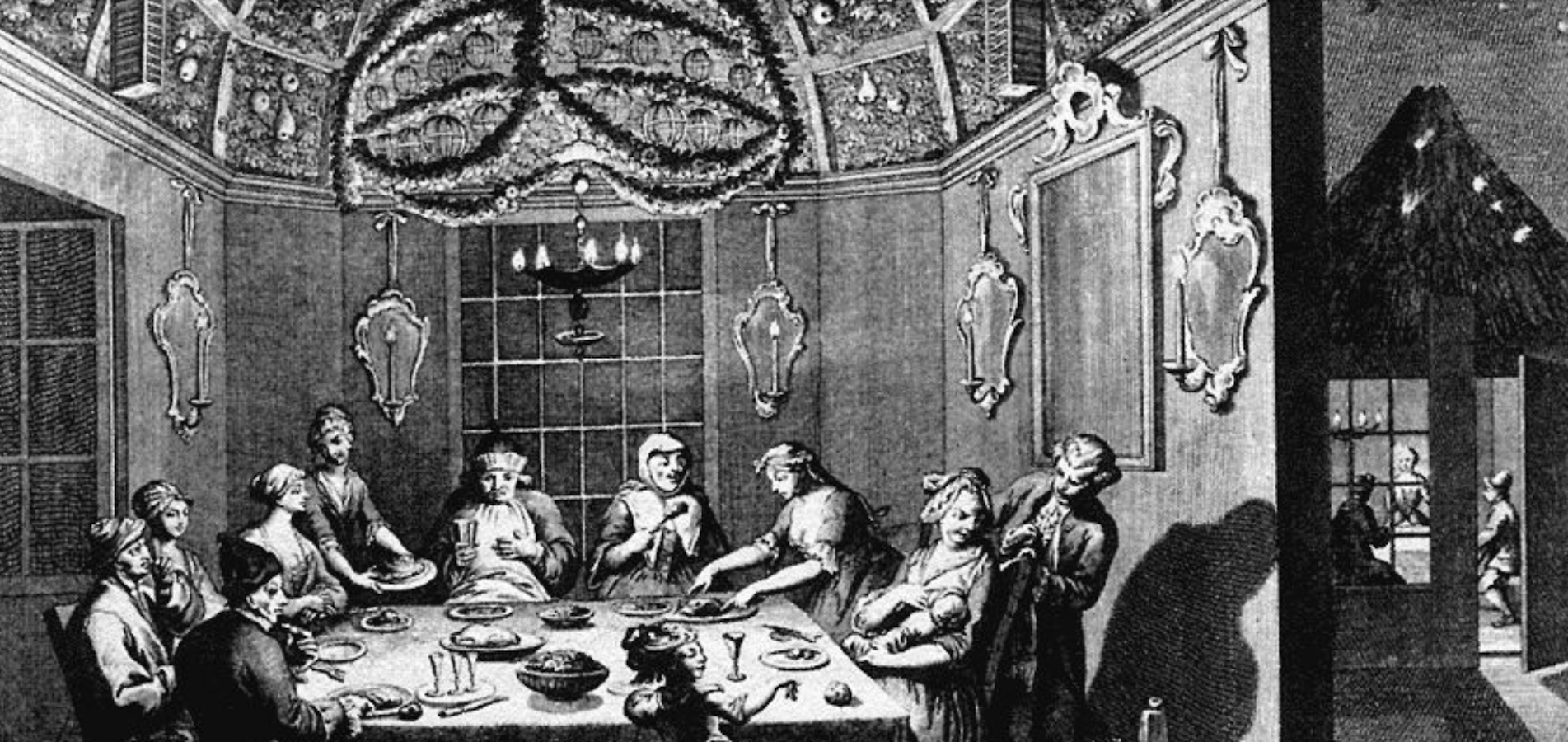
What Is The Point of Inviting Ushpizin to Our Sukkah?
Hi JITC-
What is the point of inviting these guests to our sukkah?
Thanks,
Max
Dear Max-
Thanks for your question. I see from the subject line of your message that “these guests” refers not to your corporeal yom tov guests but to the Ushpizin. “Ushpizin” is an Aramaic word that means guests. Aramaic is not exactly a thriving language outside of yeshivos but this particular term has become more widely recognized since it was used as the title of a 2004 Israeli dramedy that is set at Succos time.
The Ushpizin are spiritual “visitors” to our Succah from the early days of Jewish history. They are said to join us in the succah, a different personage being the “guest of honor” on each day of the holiday. In chronological order, the Ushpizin are Avraham, Yitzchak, Yaakov, Yoseif, Moshe, Aharon and David (Abraham, Isaac, Jacob, Joseph, Moses, Aaron and David).
Aside from their general righteousness, consider that each of these seven Biblical personages was uprooted from his home: Avraham was told by God to leave his homeland for an unknown territory; Yitzchak had to relocate because of a famine; Yaakov was forced to flee to Lavan’s home; Yoseif was sold into slavery and sent to Egypt; Moshe fled to Midian after killing the Egyptian taskmaster; Aharon was part of the generation that wandered in the wilderness for 40 years; David was forced into hiding by King Saul. And what do we do on Succos? We uproot ourselves from our homes in order to dwell in temporary huts. So these particular guests might exemplify the theme of Succos better than others, who were never displaced.
While many communities welcome the Ushpizin in chronological order, other communities move Yoseif to after Aharon. This is done in order to place the Ushpizin in the order of the kabbalistic “sefiros” (attributes) with which each guest is identified.
At this point, someone with more of a kabbalistic inclination would explain that each visitor imbues us with their particular characteristic: Avraham represents chesed (kindness); Yitzchok, gevurah (strength); Yaakov, tiferes (beauty); Moshe, netzach (eternity); Aharon, hod (splendor); Yoseif, yesod (foundation); and David, malchus (sovereignty). You can see more about those sefiros here.
The issue is that I don’t happen to be a person of kabbalistic inclination. This makes discussing the Ushpizin somewhat more challenging, given that their primary source is the Zohar, the seminal work of kabbalah (parshas Emor). So let’s discuss actual, physical guests on yom tov and then circle back to the Ushpizin.
Deuteronomy 16:14 tells us, “You shall rejoice on your festival, with your son, your daughter, your male and female servants, the Levite, the convert, the orphan and the widow that are in your communities.” You’ll note that we’re not only supposed to rejoice with our own families and household servants (who are like members of the family) but also with Levites (who did not own hereditary land and relied upon the tithes for support) and widows, orphans and converts (who lack the support system of a husband, father or Jewish relatives that many of us take for granted). The Rambam tells us (Hilchos Shvisas Yom Tov 6:18) that one who neglects the needy in his yom tov feasting isn’t really celebrating the holiday, he’s just being a glutton.
Here’s the language the Zohar uses to introduce us to the concept of the Ushpizin: “When a person dwells in (his succah) with complete faith, God’s Presence encompasses him, then Abraham and five other righteous figures come dwell with him. Rabbi Abba said Avraham, five other righteous figures, plus King David.” (It goes on to derive this from Leviticus 23:42, which says both “You shall dwell in booths” and “they shall dwell in booths.” If we dwell in the succah, they will dwell with us.) Please note the special emphasis on Avraham, who is associated with the trait of kindness. And through which mitzvah are we told that he particularly exhibited that trait? Through hachnosas orchim – welcoming guests.
At the end of the section explaining the Ushpizin, the Zohar tells us that we must help the needy to rejoice on Succos. If we do, then the portion we metaphorically serve the Ushpizin will be the enjoyment of our needy guests as per Deuteronomy 32:9, “God’s portion is His people.” If we don’t “feed” the Ushpizin through hospitality to those in need, then Avraham picks up and leaves, telling the other Ushpizin, “Please leave the tents of these wicked people” (Numbers 16:26). The other Ushpizin have equally harsh words for us.
The Ushpizin can teach us wonderful spiritual lessons about kabbalistic concepts but they’re also firmly grounded in our obligation to ensure that the needier people in our communities are also able to enjoy yom tov. That is equally true of those who are financially in need of your food and those who are emotionally in need of your friendship and support.
Sincerely,
Rabbi Jack Abramowitz
JITC Educational Correspondent
Follow Ask Rabbi Jack on YouTube
If you found this content meaningful and want to help further our mission through our Keter, Makom, and Tikun branches, please consider becoming a Change Maker today.







